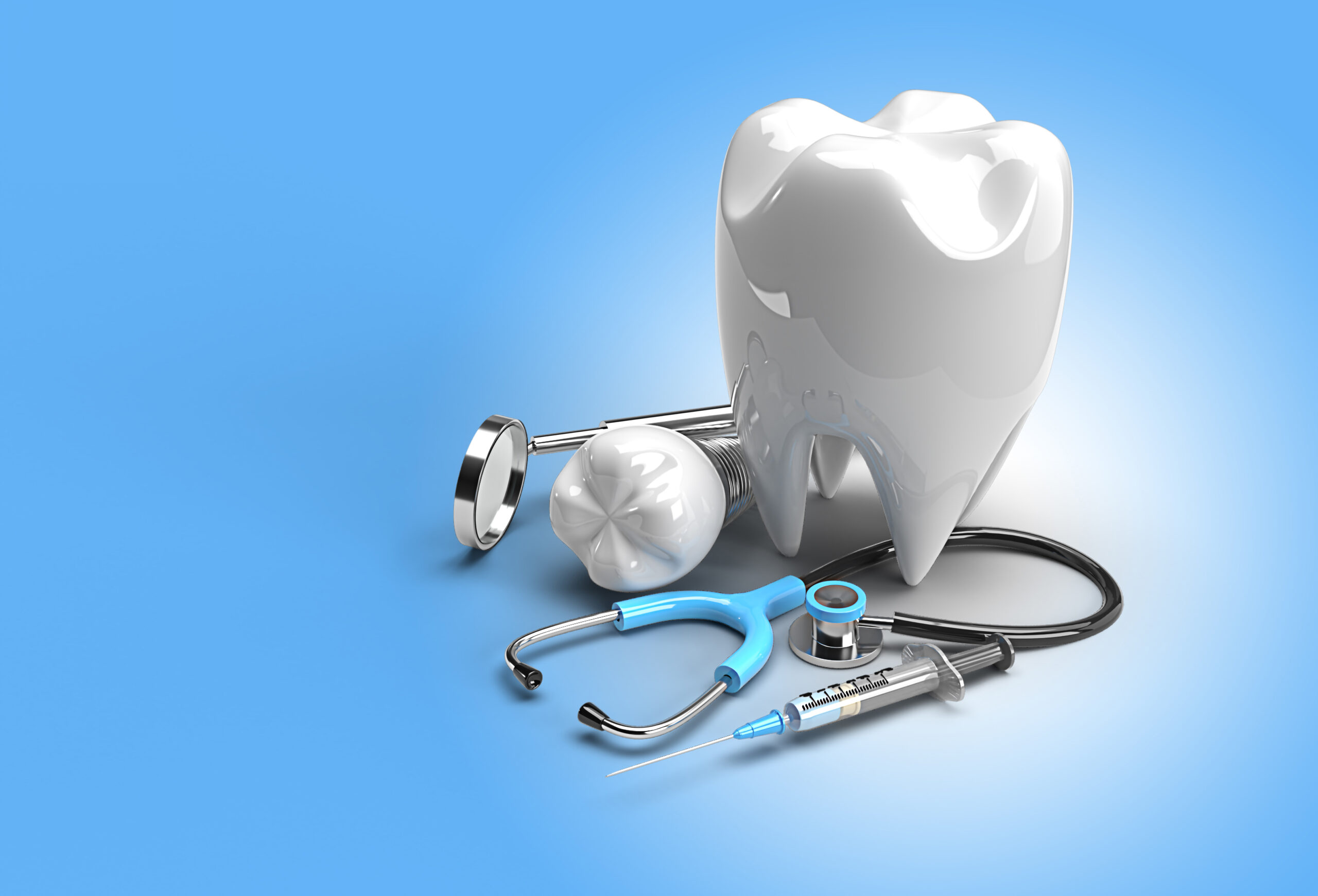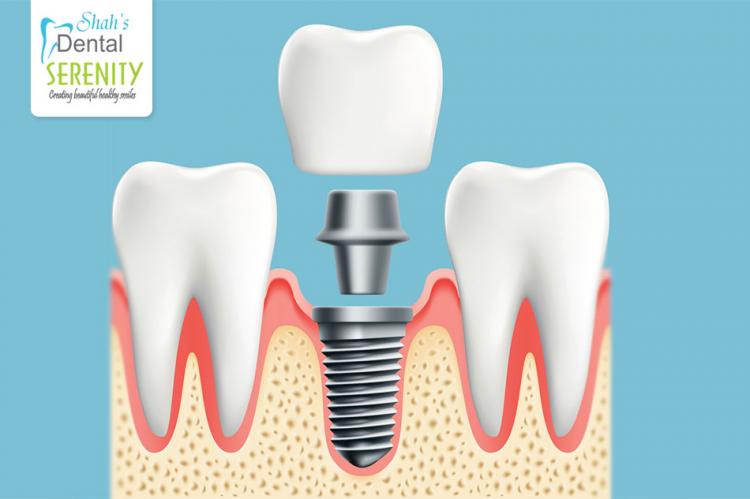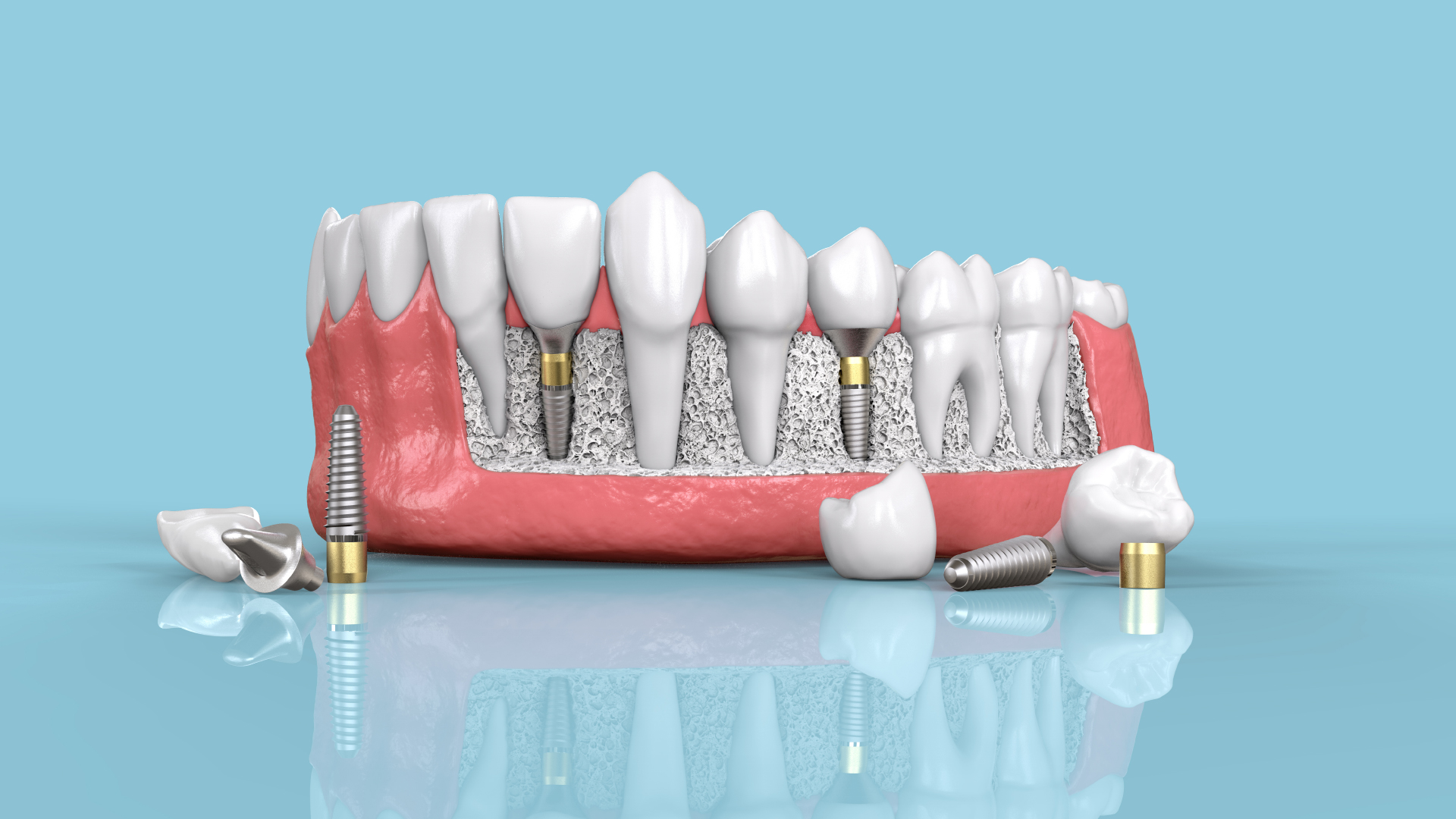Dental implant surgery is a revolutionary procedure that has helped countless individuals restore their smiles and regain confidence. In this article, I will provide a comprehensive guide to dental implants, covering everything from the types of implants available to the long-term benefits they provide. If you have been considering dental implants or are simply curious about this innovative dental solution, read on to learn more.
Types of Dental Implants
When it comes to dental implants, there are two main types to consider: endosteal and subperiosteal implants.
Endosteal Dental Implants
Endosteal implants are the most common type of dental implants. They involve the placement of screws, cylinders, or blades directly into the jawbone. These implants serve as a prosthetic tooth root and can hold one or more artificial teeth. Endosteal implants are an excellent alternative for individuals who currently wear bridges or removable dentures.
Subperiosteal Dental Implants
Subperiosteal implants are placed on top of the jawbone. These implants consist of a metal framework with posts that protrude through the gums, securely holding the implant in place. Subperiosteal implants are typically recommended for individuals who are unable to wear traditional dentures and do not have sufficient bone height to support endosteal implants.
Qualifications for Dental Implants
Not everyone is a suitable candidate for dental implants. Ideal candidates are generally in good overall health, have a fully-grown jawbone, possess adequate bone in the jaw to support the implant, and have healthy gum tissue.
Additionally, non-smokers who maintain good oral hygiene are considered optimal candidates for dental implants.
To ensure that the implant procedure is successful, it is essential to consult with a periodontist. Periodontists are dental specialists who have received extensive training in both soft and hard tissues of the mouth. They possess the expertise to create a personalized treatment plan that will meet your specific needs.
Dental Implant Procedure Overview
The dental implant procedure involves several stages, each essential for the successful placement of the implant and the subsequent restoration of your smile. Here is a brief overview of the procedure:
- Tooth removal (if necessary): If you have a damaged or decayed tooth that needs to be replaced, it will be removed before the implant is placed.
- Bone grafting (if necessary): In cases where the jawbone is not thick enough or is too soft, a bone graft may be required to create a more solid base for the implant.
- Implant placement: Your oral surgeon will make an incision in your gum to expose the bone and drill holes where the implant will be placed. The implant, which serves as the tooth root, will then be implanted deep into the bone.
- Bone growth and healing: During a process called osseointegration, the jawbone will grow and fuse with the surface of the dental implant, ensuring a solid foundation for the artificial tooth.
- Abutment placement: After the bone has properly healed, an abutment, which connects the implant to the artificial tooth, will be attached.
- Artificial tooth placement: The final step is attaching the realistic-looking artificial tooth, also known as a crown, to the abutment, completing the dental implant procedure.
It is important to note that the entire process can take several months, as healing and the growth of new bone in the jaw require time. The specific procedure can vary depending on individual circumstances, but the overall goal remains the same: to restore your smile and regain normal oral function.
Follow-Up Care and Maintenance
Once you have received a dental implant, proper at-home oral care and regular dental check-ups are essential for maintaining its functionality and preventing peri-implant diseases. Brushing and flossing are still necessary to keep your implant clean and free of plaque.
Your periodontist and general dentist will work together to create a personalized care plan for your specific needs. Regular follow-up visits will be scheduled to monitor the implant, teeth, and gums, ensuring their continued health.
Long-Term Benefits of Dental Implants
Dental implants offer numerous advantages compared to other tooth replacement options, such as dentures. Some of the key benefits include:
Improved ability to chew and speak
- Increased comfort and stability
- Enhanced oral health and hygiene
- Improved appearance and self-confidence
- Durability and long-term effectiveness
- Protection against bone loss
In addition, dental implants are suitable for individuals of various ages as long as they meet the necessary health criteria. Unlike dentures, dental implants provide a long-term solution that more closely resembles natural teeth.
FAQs
Here are answers to some frequently asked questions about dental implants:
What are dental implants?
Dental implants are titanium or ceramic posts that act as artificial tooth roots. They provide a solid foundation for fixed or removable replacement teeth, making them an excellent option for individuals who have lost one or more teeth.
What is the aftercare procedure for dental implants?
Proper dental implant aftercare primarily involves regular oral hygiene practices such as brushing and flossing. Additionally, regular dental check-ups are necessary to ensure the health and longevity of the implant.
Are there any restrictions on diet or activities after getting dental implants?
While you may need to follow a soft diet immediately after the surgery, there are typically no long-term restrictions on diet or activities once the implant has fully healed. However, it is crucial to practice caution and avoid chewing on hard items that can damage the implant or natural teeth.
How long do dental implants last?
With proper care and maintenance, dental implants can last a lifetime. Regular dental check-ups and practicing good oral hygiene habits are vital for the longevity of your implants.
Conclusion
Dental implants have revolutionized the field of dentistry, providing a reliable and effective solution for individuals with missing teeth. Whether you’re considering dental implants or seeking information on this topic, understanding the types of implants available, the qualifications for receiving implants, the procedure itself, and the long-term benefits is crucial. By following proper aftercare procedures and maintaining regular dental visits, you can enjoy the many advantages that dental implants offer.





